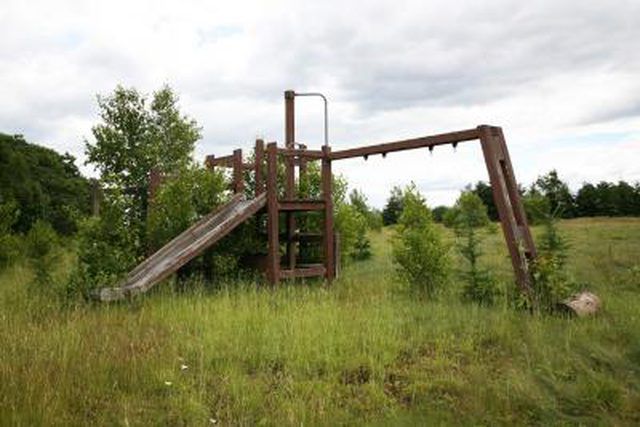Bulbs
Flower Basics
Flower Beds & Specialty Gardens
Flower Garden
Garden Furniture
Garden Gnomes
Garden Seeds
Garden Sheds
Garden Statues
Garden Tools & Supplies
Gardening Basics
Green & Organic
Groundcovers & Vines
Growing Annuals
Growing Basil
Growing Beans
Growing Berries
Growing Blueberries
Growing Cactus
Growing Corn
Growing Cotton
Growing Edibles
Growing Flowers
Growing Garlic
Growing Grapes
Growing Grass
Growing Herbs
Growing Jasmine
Growing Mint
Growing Mushrooms
Orchids
Growing Peanuts
Growing Perennials
Growing Plants
Growing Rosemary
Growing Roses
Growing Strawberries
Growing Sunflowers
Growing Thyme
Growing Tomatoes
Growing Tulips
Growing Vegetables
Herb Basics
Herb Garden
Indoor Growing
Landscaping Basics
Landscaping Patios
Landscaping Plants
Landscaping Shrubs
Landscaping Trees
Landscaping Walks & Pathways
Lawn Basics
Lawn Maintenance
Lawn Mowers
Lawn Ornaments
Lawn Planting
Lawn Tools
Outdoor Growing
Overall Landscape Planning
Pests, Weeds & Problems
Plant Basics
Rock Garden
Rose Garden
Shrubs
Soil
Specialty Gardens
Trees
Vegetable Garden
Yard Maintenance
The Best Weed Control for Southern Lawns
The Best Weed Control for Southern Lawns. Weeds steal nutrients, water and sunlight from desirable grasses and plants. The best weed control for Southern lawns is highly subjective. However, the two main categories of weed control are chemical and non-chemical.

Weeds steal nutrients, water and sunlight from desirable grasses and plants. The best weed control for Southern lawns is highly subjective. However, the two main categories of weed control are chemical and non-chemical.
Common Southern Weeds
Weeds often invade laws that are over- or under-watered, improperly fertilized, improperly mowed or highly compacted. Weeds are incredibly resilient, and thus there are dozens of species that will grow in warm and cold Southern climates. Common Southern weeds include carpetweed, chicory and tasselflower.
Chemical Solutions
Herbicides are classified as pre-emergent or post-emergent and selective or non-selective. Pre-emergent herbicides can be applied prior to weed growth and will help prevent weed growth. Post-emergent herbicides can be applied once weeds have sprouted. Perhaps the most important distinction, however, is between selective and non-selective herbicides. Selective herbicides are designed to kill the particular weed that is invading your lawn, whereas non-selective herbicides will kill everything they touch, including your healthy grass.
Non-chemical Solutions
The most effective non-chemical solution to controlling weeds is soil solarization. Soil solarization involves re-tilling your lawn, raking away roots and other sharp objects, laying down a clear construction grade plastic and leaving the plastic for 4 to 6 weeks during the summer months. This will kill all weeds, including un-sprouted weeds. If you are looking for a less comprehensive non-chemical solution, consider pulling the weeds by hand or with a garden hoe. Be sure to remove the entire root of the weed.